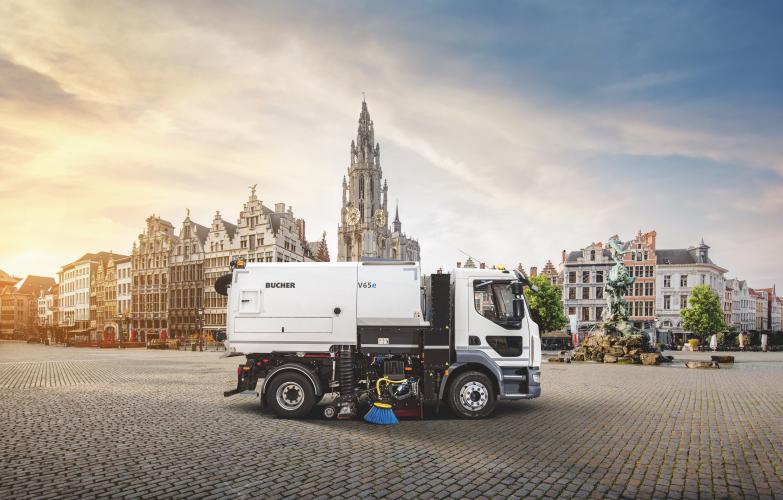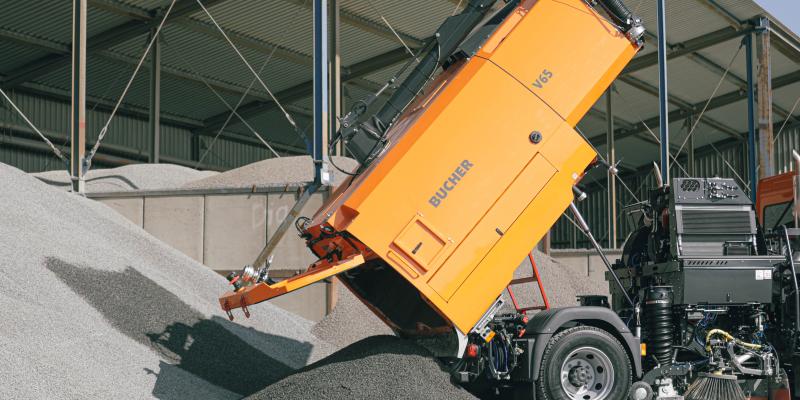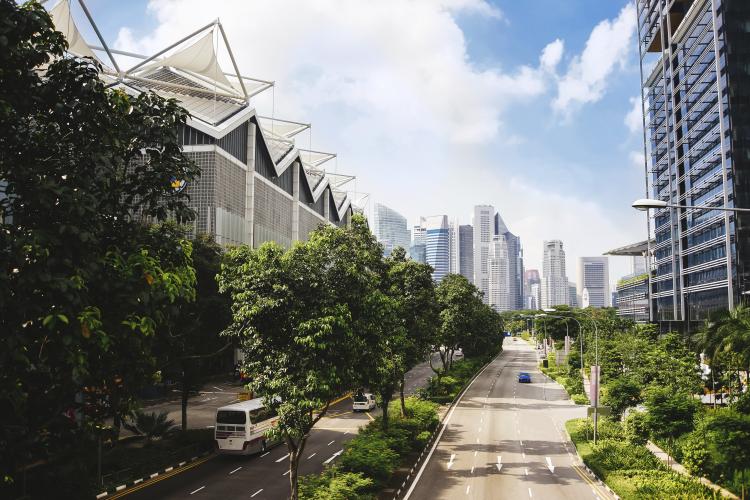Why should we care
about our air quality?
Most air pollutants are in the form of gas, but inhalable Particular Matter such as dust, smog, smoke and soot are common in cities.
The main source of PM emissions is from road traffic and their internal combustion engines and dust. These particulates settle on roadways and pathways, then when a vehicle drives over it, the gusts produced from that movement cause the particulates to be airborne, mixing with the air and lowering the air quality. These particulates can be carcinogenic and are the main cause of human health issues from poor air quality. They can be inhaled and deposited on the surfaces of the airways and lungs. The exposure to PM10 and PM2.5 has been shown to have a significant detriment to lung and heart health and an increase in respiratory diseases such as asthma. According to the World Health Organization, air pollution is responsible for an estimated 7 million premature deaths each year worldwide. Therefore, reduced air pollution indicates better health for those who spend a significant amount of time on and around roadways.
What can we do to tackle air quality?
Street sweeping
Merely reducing the number of vehicles on the road in high polluted places wouldn’t completely eradicate the issue, although road dust accounts for up to 10% of total PM emissions in urban areas, natural events such as dust clouds and volcanic eruptions also produce PM10 and PM2.5 which settle onto roadways, waiting to be blown back up into the air.
To tackle the air quality produced by road traffic, many cities and towns in the UK have implemented measures such as low-emission zones and congestion charges. However, a simple, low-tech solution to these measures that also reduces harmful particulates from natural sources is often overlooked: road sweeping.
A simple solution
Road sweepers are one of the best vehicles to operate on roads that combat this significant public health issue. Not only do they clear up litter and debris, but road sweepers collect the dangerous Particulate Matter that sits on roadways. Bucher’s range of compact and truck mounted sweepers collect these loose particulates by atomising water to increase the weight of the debris. Once wet, these particulates can no longer go airborne and can be effectively swept up and contained within the sweeper.
Rainfall
Rainfall has been shown to 99% effective for air quality improvement, showing that wet collection when sweeping is better than dry. Therefore, sweepers with vacuum suction are more effective than mechanical solutions - especially in the summer months when the road is dry with less frequent rainfall. Although often seen as a rainy place, the average annual precipitation for the UK is only 133 days annually, just over a third of the days of the year. Even when it does rain, it needs to be heavy enough to saturate the roads in order to effectively trap the particles and stop them becoming airborne.
Other airborne pollutants
Sweeping reduces other pollutants that may be released into the air. For example, heavy metals such as lead, cadmium, and zinc are often present in road dust and can be harmful to both human health and the environment. Sweeping reduces the amount of these heavy metals on the road surface by up to 85%. Nitrogen dioxide (NO2) and volatile organic compounds (VOCs) are also harmful to human health and often found in areas with poor air quality. Studies show road sweeping could reduce NO2 concentrations by up to 10%, and black carbon (a major contributor to climate change and a potent air pollutant that causes respiratory problems) concentrations by up to 33%. Sweeping removes oil and other hydrocarbons that are present on the road surface, another source of air pollution. In a study conducted in Bristol, UK, researchers found that street sweeping reduced nitrogen dioxide (NO2) concentrations by up to 12%.
Street washing
Street washing is another effective way to combat air quality. The City of London measured the air particulate levels in the very busy Blackwall tunnel. After a full tunnel wash they found the quality of the air drastically improved and the levels of both PM10 and PM2.5 reduced significantly. You can turn your sweeper into a water flushing vehicle with simple add-ons to perform similar jobs.
Sweeping can also reduce the amount of dust that enters buildings, improving indoor air quality





